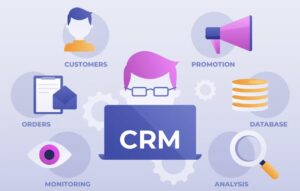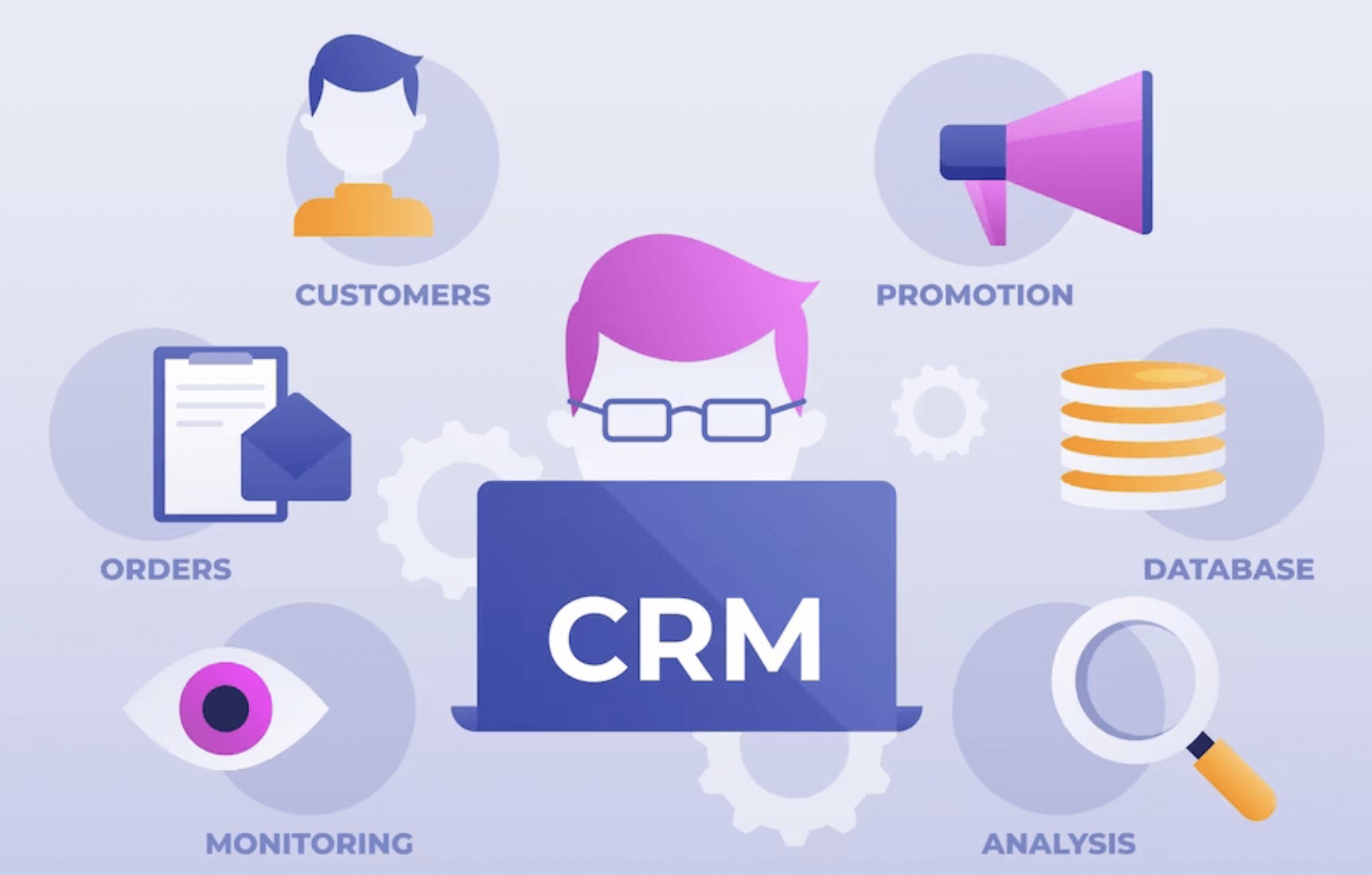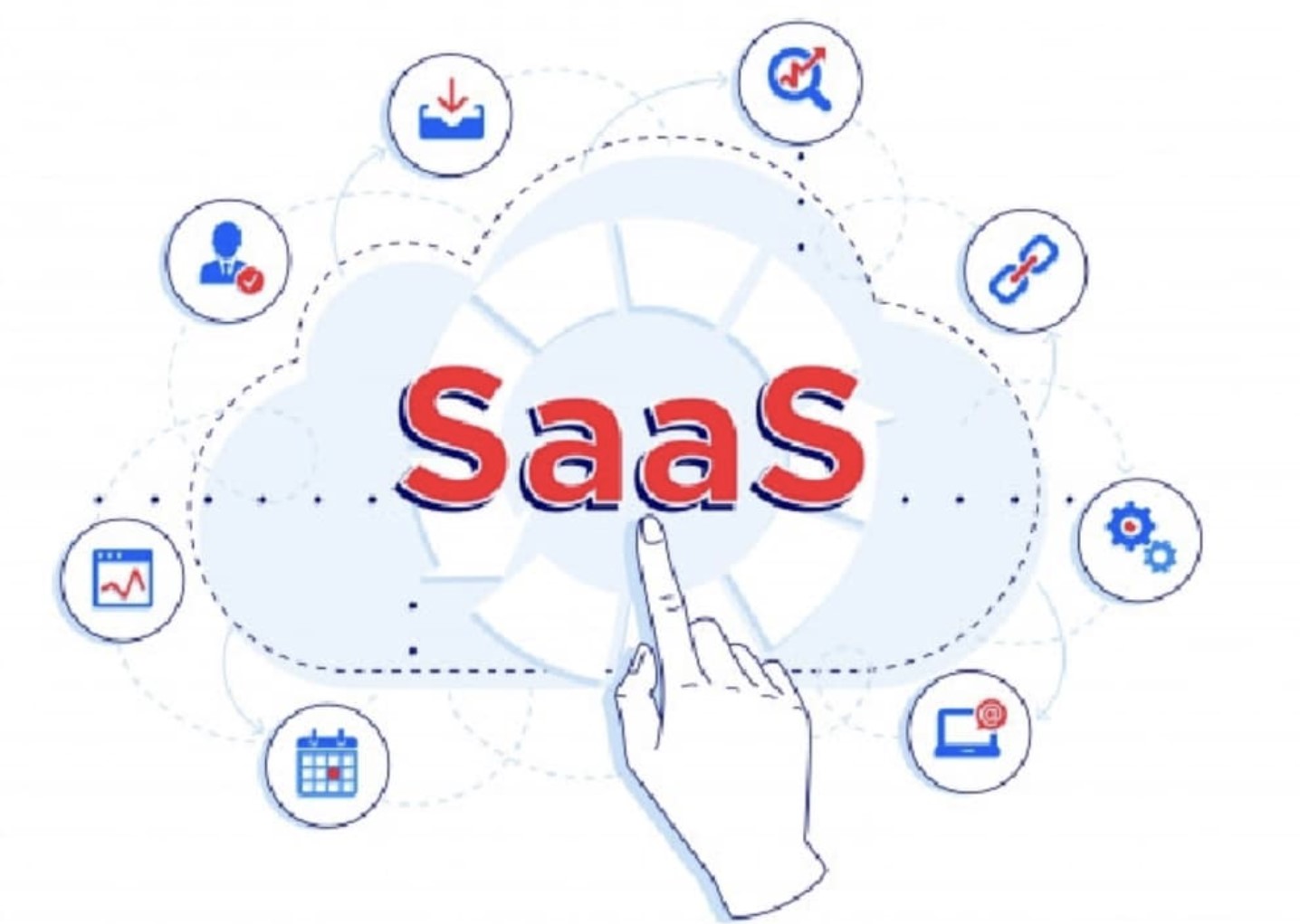CRM stands for Customer Relationship Management, which refers to practices, strategies, and technologies that companies use to manage and analyze customer interactions throughout the customer lifecycle, with the goal of improving business relationships, customer retention, and sales growth. CRM insights involve the analysis and interpretation of data collected through CRM systems to gain valuable knowledge about customers’ preferences, behavior patterns, and needs.

Understanding CRM Insights
CRM insights encompass a wide range of information obtained from various sources, including customer interactions, transaction history, demographic data, social media activity, and more. By leveraging advanced analytics and data mining techniques, businesses can uncover valuable insights that can drive informed decision-making and strategic planning CRM insights refer to the valuable knowledge and understanding gained from analyzing data collected through Customer Relationship Management (CRM) systems. These insights provide businesses with crucial information about their customers’ behaviors, preferences, and needs. When we talk about CRM insights, we’re delving into the data gathered from various sources such as customer interactions, purchase history, social media engagement, and demographic information. Through advanced analytics techniques, businesses can sift through this data to uncover meaningful patterns and trends.
Benefits of Harnessing CRM Insights
Harnessing CRM insights offers numerous benefits for businesses of all sizes and industries. Firstly, it enables companies to improve customer satisfaction by understanding their needs and preferences better. This leads to enhanced loyalty and repeat business. Secondly, CRM insights help in increasing sales and revenue by identifying cross-selling and upselling opportunities, as well as targeting the right customers with personalized offers. Additionally, businesses can enhance their marketing strategies by creating more targeted and effective campaigns based on customer segmentation and behavior analysis. Lastly, CRM insights can aid in streamlining business operations by optimizing processes, improving resource allocation, and reducing costs.
Key Metrics for CRM Insights
Several key metrics are essential for deriving valuable insights from CRM data. These include Customer Lifetime Value (CLV), which indicates the total revenue a customer is expected to generate over their lifetime, Customer Retention Rate, which measures the percentage of customers retained over a specific period, Conversion Rate, which tracks the percentage of leads that convert into paying customers, and Customer Satisfaction Score (CSAT), which measures overall customer satisfaction with products or services.
Implementing CRM Insights
Implementing CRM insights requires careful planning and execution. It starts with selecting the right CRM software that aligns with the company’s needs and goals. Next, businesses need to ensure proper data collection and analysis processes are in place to gather relevant information effectively. Additionally, integrating CRM systems with other business systems, such as sales, marketing, and customer service, is crucial for maximizing the benefits of CRM insights Implementing CRM insights involves translating the valuable knowledge gained from analyzing customer data into actionable strategies and initiatives that drive business success. It’s not just about collecting data; it’s about utilizing that data effectively to improve customer relationships, enhance marketing efforts, and streamline business operations. The process of implementing CRM insights begins with selecting the right CRM software that aligns with the organization’s needs and goals. This software serves as the foundation for collecting, storing, and analyzing customer data.
Personalization and Customer Experience
Personalization has become increasingly important in today’s consumer-driven market. By leveraging CRM insights, businesses can tailor their products or services to meet individual customer needs and preferences, thus enhancing the overall customer experience. This includes providing personalized recommendations, offers, and support, ultimately fostering stronger customer relationships and brand loyalty Next, businesses need to establish robust data collection and analysis processes to ensure that the information gathered is accurate, relevant, and actionable. This may involve integrating data from various sources, such as sales transactions, customer interactions, and social media engagement. Once the data is collected and analyzed, businesses can begin to identify key insights and trends that can inform strategic decision-making. For example, they may uncover patterns in customer behavior that indicate opportunities for cross-selling or upselling, or they may identify segments of their customer base that are particularly responsive to certain marketing campaigns.
Predictive Analytics and Forecasting
Predictive analytics plays a significant role in CRM insights by using historical data to forecast future trends and behaviors. By analyzing past interactions and purchasing patterns, businesses can anticipate customer behavior, identify potential opportunities and risks, and make proactive decisions to stay ahead of the competition Predictive analytics and forecasting play a crucial role in harnessing CRM insights to drive business success. These techniques involve using historical data and advanced analytical models to predict future trends, behaviors, and outcomes. In the context of CRM, predictive analytics allows businesses to anticipate customer behavior and preferences based on past interactions and purchase history. By analyzing patterns and correlations in the data, businesses can identify key factors that influence customer decisions and use this information to make proactive decisions.
Improving Sales Strategies
CRM insights provide valuable information for improving sales strategies by identifying high-potential leads, prioritizing sales activities, and tailoring sales pitches to meet specific customer needs. This includes targeted marketing campaigns, lead scoring, and cross-selling/upselling opportunities based on customer preferences and behavior Improving sales strategies is a critical aspect of leveraging CRM insights to drive business growth and success. By analyzing customer data and behavior, businesses can identify opportunities to optimize their sales processes, enhance customer engagement, and ultimately increase revenue. One key way to improve sales strategies is by leveraging CRM insights to identify high-potential leads and prioritize sales efforts. By analyzing customer data such as purchase history, browsing behavior, and demographic information, businesses can pinpoint which leads are most likely to convert into paying customers. This allows sales teams to focus their time and resources on the leads that are most likely to generate revenue, ultimately improving efficiency and effectiveness.
Enhancing Marketing Efforts
Effective marketing relies on understanding the target audience and delivering personalized messages that resonate with their needs and interests. CRM insights enable businesses to segment their target audience more effectively, create targeted content, and optimize marketing channels for maximum impact and ROI Additionally, CRM insights can help businesses identify cross-selling and upselling opportunities. By analyzing customer data and purchase history, businesses can identify complementary products or services that existing customers may be interested in. This allows sales teams to proactively reach out to customers with targeted offers, increasing the likelihood of additional sales and revenue.
Optimizing Customer Service
Providing exceptional customer service is essential for retaining customers and building long-term relationships. CRM insights help businesses identify pain points in the customer journey, provide proactive support, and analyze feedback to continuously improve service quality and satisfaction levels CRM insights can also be used to personalize sales efforts and tailor messages to individual customers. By analyzing customer preferences, behavior, and past interactions, businesses can craft personalized sales pitches that resonate with each customer’s unique needs and interests. This not only increases the likelihood of making a sale but also helps to strengthen customer relationships and loyalty.
Measuring and Analyzing Results
To ensure the success of CRM initiatives, it’s crucial to establish key performance indicators (KPIs) and regularly measure and analyze results. By tracking performance metrics such as customer retention rates, CLV, and CSAT scores, businesses can evaluate the effectiveness of their CRM strategies and make data-driven decisions to drive continuous improvement Furthermore, CRM insights can inform pricing strategies and promotional activities. By analyzing market trends, competitor pricing, and customer purchasing behavior, businesses can identify opportunities to adjust pricing or offer promotions that drive sales and revenue. This allows businesses to stay competitive in the market while maximizing profitability.
Challenges in Harnessing CRM Insights
While CRM insights offer significant benefits, they also come with challenges. Data quality and accuracy are paramount, as inaccurate or incomplete data can lead to erroneous conclusions and ineffective strategies. Privacy and security concerns also need to be addressed, especially with the increasing regulations surrounding data protection. Additionally, ensuring employee training and adoption of CRM systems is essential for successful implementation and utilization of CRM insights.
Future Trends in CRM Insights
Looking ahead, several trends are shaping the future of CRM insights. Artificial intelligence (AI) and machine learning are playing an increasingly important role in analyzing large volumes of data and uncovering actionable insights. Predictive analytics is also advancing rapidly, enabling businesses to anticipate customer needs and behaviors more accurately. Moreover, there’s a growing focus on enhancing customer journey mapping to provide more seamless and personalized experiences across all touchpoints.
Case Studies
Numerous companies have successfully leveraged CRM insights to drive business success. For example, Amazon utilizes sophisticated algorithms to analyze customer browsing and purchasing behavior, enabling them to deliver highly personalized recommendations and targeted promotions. Similarly, Salesforce uses AI-powered analytics to help businesses better understand their customers and optimize sales and marketing strategies.
Conclusion
In conclusion, harnessing CRM insights is crucial for businesses looking to stay competitive in today’s dynamic marketplace. By understanding customer preferences, predicting future trends, and optimizing business processes, companies can drive growth, improve customer satisfaction, and achieve long-term success.



